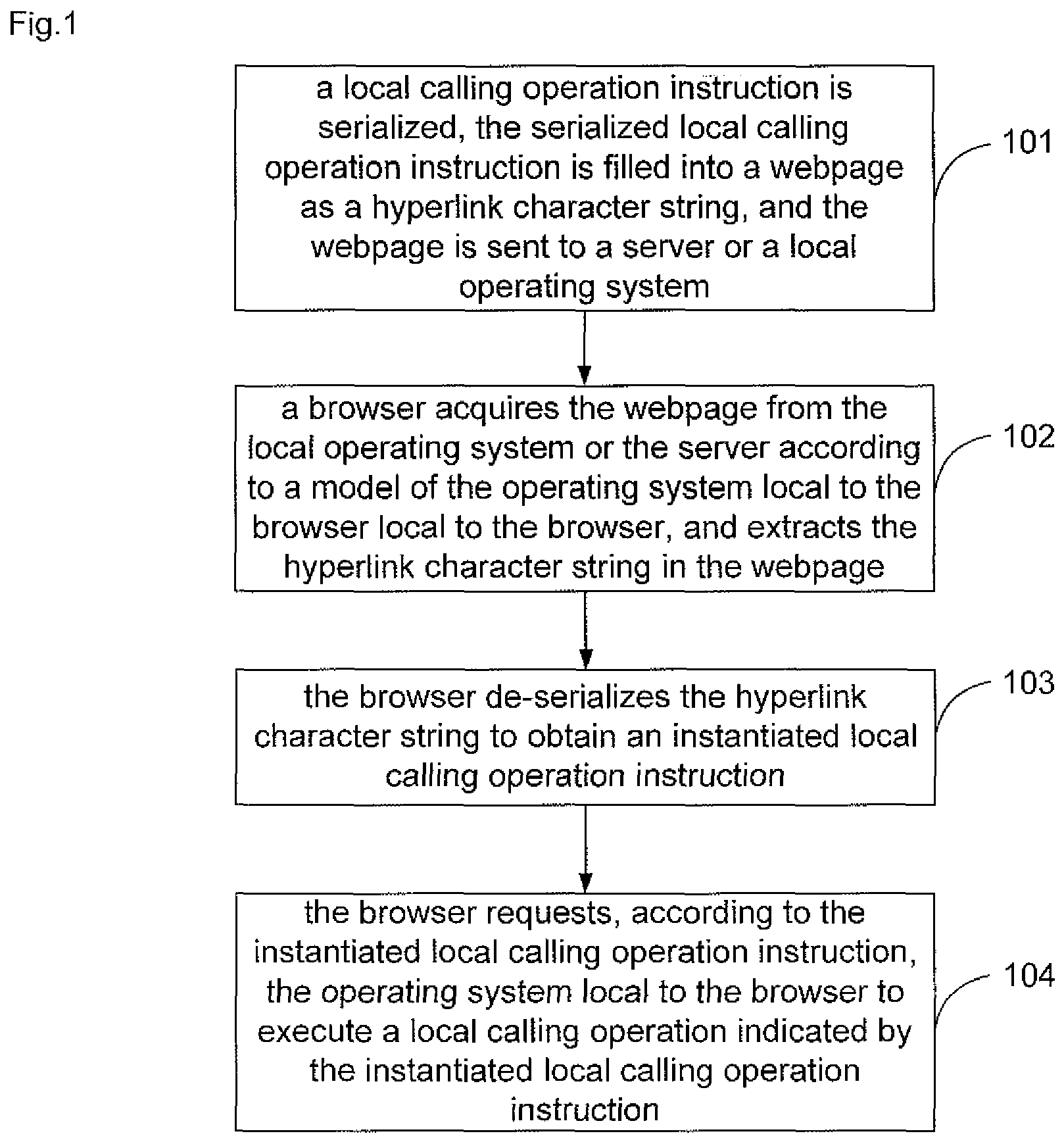### Understanding Promissory Note vs Loan Contract: Key Differences and Implications
Guide or Summary:What is a Promissory Note?What is a Loan Contract?Key Differences Between Promissory Note and Loan ContractWhen navigating the world of fin……
Guide or Summary:
- What is a Promissory Note?
- What is a Loan Contract?
- Key Differences Between Promissory Note and Loan Contract
When navigating the world of financing, understanding the nuances of a **promissory note** and a **loan contract** is crucial for both borrowers and lenders. These two financial instruments serve distinct purposes and come with their own sets of legal implications. In this article, we will explore the differences between a **promissory note** and a **loan contract**, helping you make informed decisions in your financial dealings.
What is a Promissory Note?
A **promissory note** is a written, unconditional promise made by one party (the maker) to pay a specific sum of money to another party (the payee) at a designated time or on demand. This financial instrument is often used in personal loans, business transactions, or real estate deals. The key features of a **promissory note** include:
1. **Unconditional Promise**: The maker agrees to pay the specified amount without any conditions.
2. **Specific Amount**: The note clearly states the exact amount to be paid.
3. **Interest Rate**: It may include an interest rate, which dictates how much extra the borrower will pay on top of the principal amount.
4. **Maturity Date**: The date when the payment is due is explicitly mentioned.

5. **Transferability**: A **promissory note** can often be transferred to another party, allowing for flexibility in financial dealings.
What is a Loan Contract?
A **loan contract**, on the other hand, is a more comprehensive legal agreement between a borrower and a lender. It outlines the terms and conditions of the loan, including repayment schedules, interest rates, and the consequences of default. Key elements of a **loan contract** include:
1. **Detailed Terms**: Unlike a **promissory note**, a loan contract provides detailed information about the loan, including the purpose of the loan, repayment terms, and any collateral involved.
2. **Legal Obligations**: A loan contract is a legally binding document that protects the interests of both parties. It typically includes clauses that specify what happens in the event of default.
3. **Repayment Schedule**: It outlines a clear repayment schedule, detailing when payments are due and how much must be paid at each interval.

4. **Collateral**: In many cases, a loan contract may require collateral, which is an asset that the lender can claim if the borrower defaults on the loan.
5. **Governing Law**: The contract usually specifies which jurisdiction's laws govern the agreement, providing clarity in case of disputes.
Key Differences Between Promissory Note and Loan Contract
While both a **promissory note** and a **loan contract** involve borrowing and lending money, there are several key differences between the two:
1. **Complexity**: A **promissory note** is generally simpler and less formal than a loan contract. It is often a single-page document, while a loan contract can be several pages long and include various legal clauses.
2. **Legal Standing**: A loan contract is typically more enforceable in a court of law due to its detailed nature and explicit terms. A **promissory note** may be more challenging to enforce if it lacks clear terms.

3. **Flexibility**: A **promissory note** can be more flexible, allowing for easier transferability between parties. Loan contracts, however, usually require approval from the lender before any transfer can occur.
4. **Use Cases**: **Promissory notes** are often used for personal loans or informal agreements, while loan contracts are common in business financing, mortgages, and larger loans where detailed terms are necessary.
In summary, understanding the differences between a **promissory note** and a **loan contract** is vital for anyone involved in borrowing or lending money. Each serves its unique purpose, and knowing when to use one over the other can significantly impact your financial outcomes. Whether you are a borrower seeking funds or a lender assessing risk, being informed about these financial instruments will empower you to make better decisions in your financial journey.